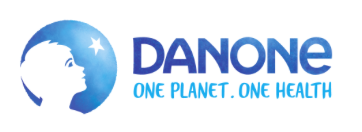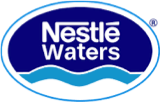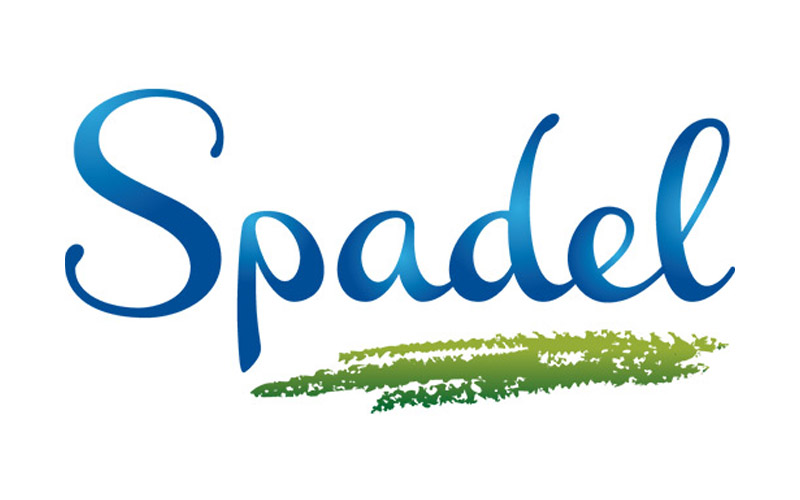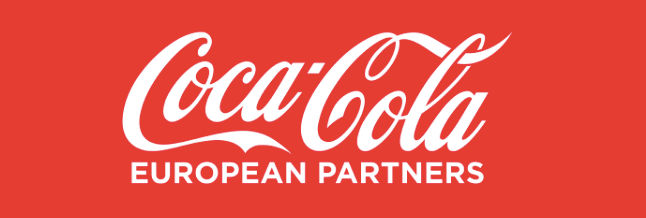Synthèse
à la compréhension de ce marché
Détail du contenu
 Informations
Informations
- Nombre de pages : 30 pages
- Format : Version digitale et PDF
- Dernière mise à jour : 06/12/2021
 Sommaire et extraits
Sommaire et extraits
1 Market summary
1.1 Introduction
The bottled water sector includes spring and mineral water, which can take natural or sparkling form. Moreover, flavoured water is a segment of this market which is gaining in prominence.
Globally, the bottled water market is growing, driven by Asia primarily. Indeed, bottled water serves as a reliable alternative to natural sources of water.
In Belgium, the market continues to expand in volume terms. Belgium has also seen that the per capita consumption is increasing. Flavoured water is growing at the most rapid pace, where traditional bottled water's growth is estimated to flatten for the years to come.
Finally, there is a widespread concern regarding plastic bottling, where both consumers and companies are looking for alternatives to this form of packaging. Today, around 88% of all water bottles sold are bottled in PET form.
 Liste des graphiques
Liste des graphiques
- Taille du marché de l'eau en bouteille
- Taux de croissance annuel moyen du marché mondial de l'eau en bouteille
- Les cinq principaux consommateurs d'eau en bouteille en Europe
- Consommation de bouteilles d'eau
- Consommation d'eau en bouteille par habitant
Toutes nos études sont disponible en ligne et en PDF
Nous vous proposons de consulter un exemple de notre travail d'étude sur un autre marché !
Dernières actualités
Entreprises citées dans cette étude
Cette étude contient un panorama complet des entreprises du marché avec les derniers chiffres et actualités de chaque entreprise :
 Choisir cette étude c'est :
Choisir cette étude c'est :
Accéder à plus de 35 heures de travail
Nos études sont le résultat de plus de 35 heures de recherches et d'analyses. Utiliser nos études vous permet de consacrer plus de temps et de valeur ajoutée à vos projets.
Profiter de 6 années d'expérience et de plus de 1500 études sectorielles déjà produites
Notre expertise nous permet de produire des études complètes dans tous les secteurs, y compris des marchés de niche ou naissants.
Notre savoir-faire et notre méthodologie nous permet de produire des études avec un rapport qualité-prix unique
Accéder à plusieurs milliers d'articles et données payantes
Businesscoot a accès à l'ensemble de la presse économique payante ainsi qu'à des bases de données exclusives pour réaliser ses études de marché (+ 30 000 articles et sources privées).
Afin d'enrichir nos études, nos analystes utilisent également des indicateurs web (semrush, trends…) pour identifier les tendances sur un marché et les stratégies des entreprises. (Consulter nos sources payantes)
Un accompagnement garanti après votre achat
Une équipe dédiée au service après-vente, pour vous garantir un niveau de satisfaction élevé. (+33) 9 70 46 55 00
Un format digital pensé pour nos utilisateurs
Vous accédez à un PDF mais aussi à une version digitale pensée pour nos clients. Cette version vous permet d’accéder aux sources, aux données au format Excel et aux graphiques. Le contenu de l'étude peut ainsi être facilement récupéré et adapté pour vos supports.
 Nos offres :
Nos offres :
the bottled water market | Belgium
- Quels sont les chiffres sur la taille et la croissance du marché ?
- Quels leviers tirent la croissance du marché et leur évolution ?
- Quel est le positionnement des entreprises sur la chaine de valeur ?
- Comment se différencient les entreprises du marché ?
- Données issues de plusieurs dizaines de bases de données
- 01/03/2024 - Mise à jour des données financières de l'entreprise Coca-Cola Groupe
- 04/11/2023 - Mise à jour des données financières de l'entreprise Coca-Cola Groupe
- 03/08/2023 - Mise à jour des données financières de l'entreprise Coca-Cola Groupe
- 02/05/2023 - Mise à jour des données financières de l'entreprise Coca Cola
- 21/02/2023 - Mise à jour des données financières de l'entreprise Danone Groupe
- 21/02/2023 - Mise à jour des données financières de l'entreprise Nestlé Waters
- 01/02/2023 - Mise à jour des données financières de l'entreprise Coca Cola





 Danone ouvre une deuxième usine de produits végétaux en France - 12/02/2024
Danone ouvre une deuxième usine de produits végétaux en France - 12/02/2024
 Nestlé admet l'emploi de méthodes interdites pour ses eaux minérales - 29/01/2024
Nestlé admet l'emploi de méthodes interdites pour ses eaux minérales - 29/01/2024














